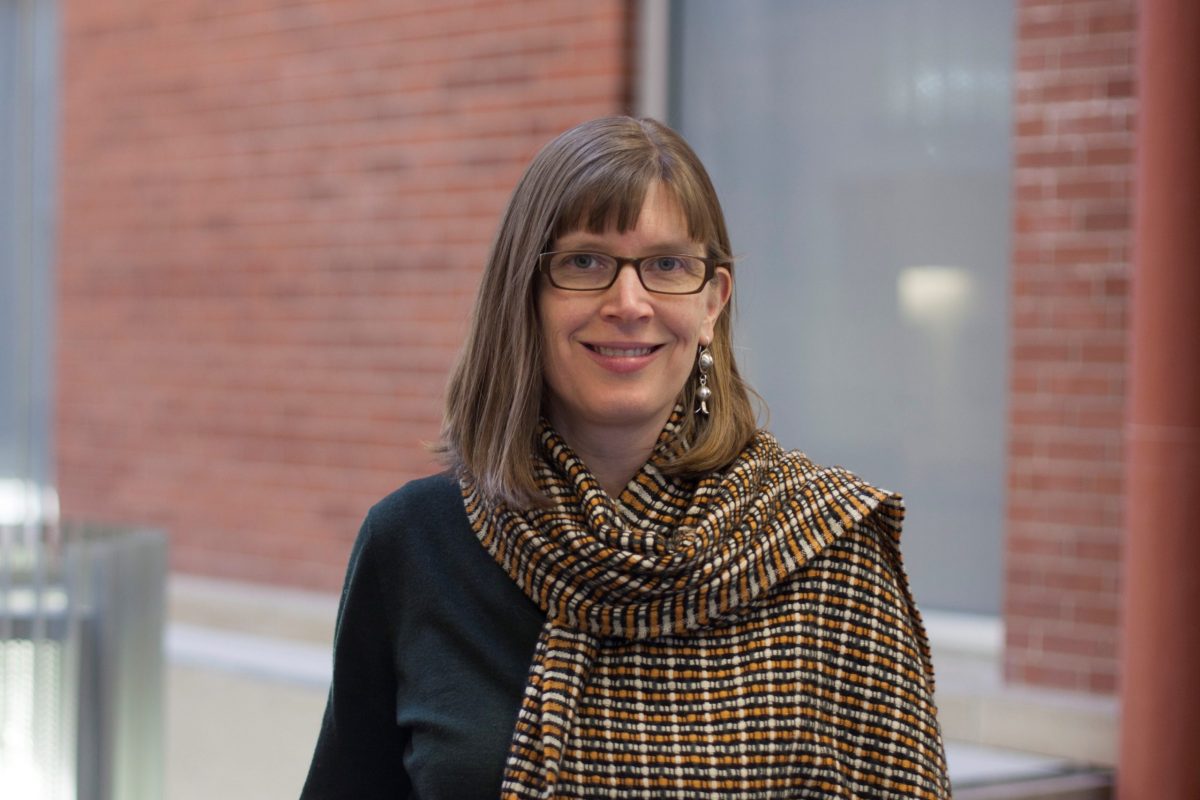Background
Kathryn Libal is an anthropologist who has a joint appointment between the UConn School of Social Work and Human Rights Institute (HRI) and directs HRI. Her early love for learning language and travel led her to anthropology, finally resulting in a focus on anthropology of childhood and on human rights. “I loved language because it allowed you a window into how other people were thinking about what their lives meant,” she says. Early in her graduate work she became interested in why children and childhood were not being studied systematically and “in trying to understand children as human beings in their own right who had ideas that were worth hearing and listening to.” Libal first conducted research on children’s rights issues in China where she looked at ethnic education models for Kazakh children. She later shifted to a dissertation project examining the emergence of child welfare and child protection in Turkey. She is currently working on a collaborative qualitative study of the politics of refugee resettlement in the U.S. and Europe, focusing in part on refugee children’s ability to access support in school and community settings. Libal is particularly concerned that in the United States, such refugee children often fail to have their rights to adequate housing, food, health care and education realized.
Involvement with CSCH
Libal was drawn to the Collaboratory by its interdisciplinary nature and the idea that “if we come together we can push forward on some of the priorities around child well-being collectively.” She is interested in building connections between the School of Social Work and other departments at UConn and says that as part of the Collaboratory, “you’re always learning about new work and new dimensions to research on children and childhood that you might not pay attention to as much if you didn’t have a relationship with that person.”
The Collaboratory prioritizes “innovative research that helps to create programs that are really sound in terms of outcomes that better children’s lives in schools and out,” Libal says. While many steering committee members focus on one aspect of schools and health and well-being, Libal tries to understand how the broader community and social context sets limits or helps to build opportunities for children through social systems that are supposed to foster child well-being. “I generally think more at a macro level about creating a policy design where you prioritize resources for children in general, not just in schools but also in terms of their basic living conditions,” says Libal.
Fun Fact
Kathryn Libal grew up in a small town in Alaska, which she visits all the time. She also gardens and loves to hike in the U.S. Southeast.
